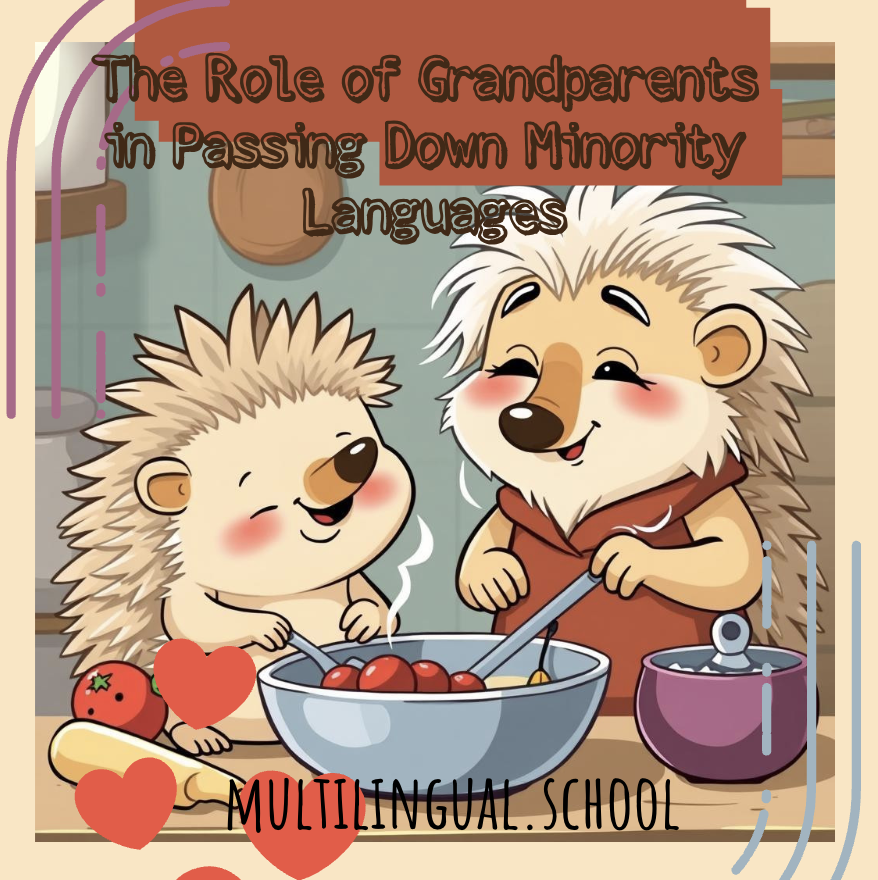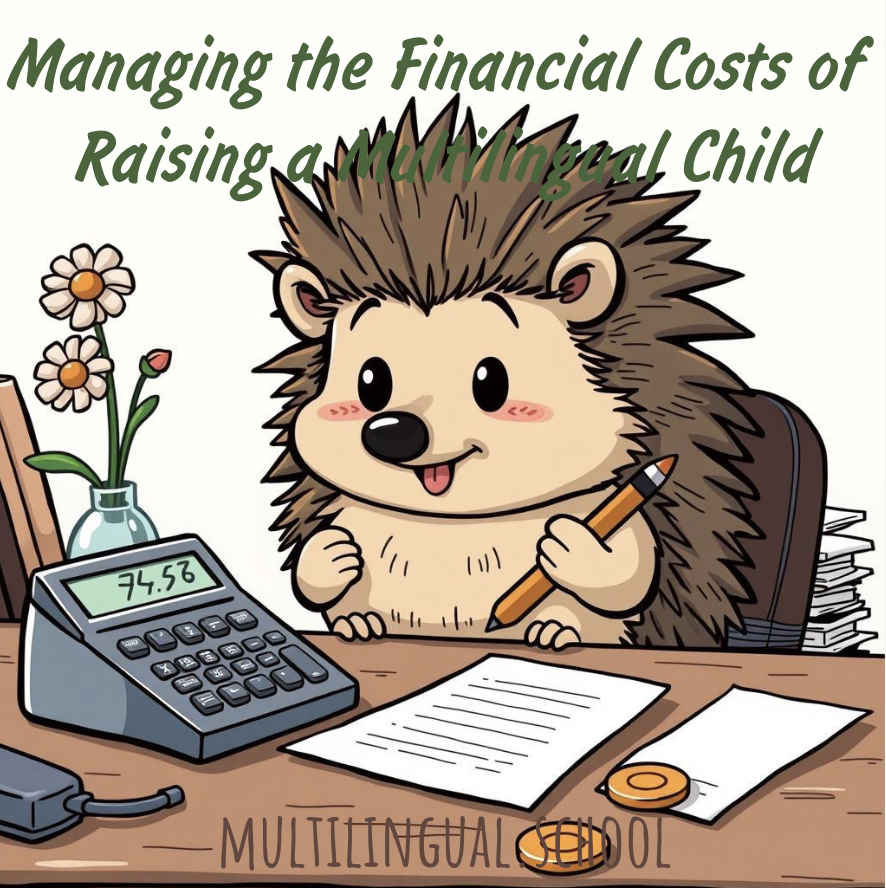Overcoming Expat Parent Guilt About (not) Expressing Cultural Heritage
This post may contain affiliate links, which means that I may receive a commission if you make a purchase using these links. You do not pay a higher price.
Carnival is upon us, which is the event in Brazil - imagine Brazil without it, impossible. It shapes part of Brazil’s culture in any way possible. Now, what if, as an expat, you don’t care that much? In our home, we actually don’t make a fuzz about it, we don’t participate in events from our local Brazilian community and just go on with our lives. Because it doesn’t really matter for our family. It got me thinking… this is not the only occasion where we as expat parents that are trying to pass on language heritage, don’t go crazy about every single tradition from each of our home countries. Are we still doing enough for our child?
I want to take some space and talk about the expat parent guilt when it comes to passing on cultural heritage. I mean, we decided to make an effort to raising a child multiculturally. Why aren’t we doing it all? Sure, we decided to leave the country for some reason, so some of the things from the home country reflect differently to us. But how do we face our internal discrepancy of what we should be doing?
What if, as expat parents, you don't want to celebrate every tradition from "back home" with your child?
Let me be crystal clear: it is completely normal to feel conflicted when you're choosing not to follow every tradition from your homeland in your parenting. Remember that cultural heritage is not a checklist of events or celebrations—it’s about the values, stories, and memories you share with your children. Here are some suggestions for overcoming guilt and forging your own path:
Recognize your feelings without judgment.
Accept that it's natural to feel guilty about leaving parts of your heritage behind. Take some time to explore why you feel this way—is it pressure from family back home, or perhaps societal expectations about what it means to "honor" your roots? Journaling or talking with other expat parents can help you unravel these feelings.Focus on quality over quantity.
You might not celebrate every tradition, but that doesn’t mean you aren’t passing anything on. Concentrate on the traditions that resonate deeply with you and your family’s values. By giving your children a few meaningful, well-explained traditions, you can create a stronger, more personal connection to your heritage.Redefine your tradition portfolio.
Start by identifying what truly matters to you and your children—whether that’s particular foods, stories, music, or festivals. Then, adapt or even reinvent these traditions to fit your life as an expat. This approach allows you to keep the essence of your heritage while also ensuring it remains relevant to your current cultural context.Prioritize values and memories over rituals.
Instead of feeling guilty about not upholding every custom, emphasize the values your heritage holds: respect, resilience, community, and so on. Share stories from your past that highlight these values. This way, your children will get a feel for your cultural background without the need to follow every ritual precisely.Engage in reflective family conversations.
Invite your children to share what parts of the cultural heritage they find interesting or meaningful. This conversation can be a two-way process where you learn together what aspects of your culture hold true significance for your family. It may be that some traditions resonate more organically with them than others.Connect with a like-minded community.
Seek out fellow expat parents who are also navigating similar challenges. By sharing your experiences, you may discover creative ways to adapt cultural traditions, blend customs, or forge entirely new ones that bring both comfort and joy.Accept that cultural evolution is natural.
Cultures are always evolving, and the diaspora experience is a powerful catalyst for the creation of new traditions. Remind yourself that by adapting or choosing not to celebrate everything, you’re contributing to the evolution of your cultural legacy in a way that authentically represents your life today.Set personal boundaries and intentions.
Acknowledge that your cultural heritage can be expressed in many forms. Decide what you want to pass on intentionally, and let that guide your family’s traditions. You might choose to focus on language, culinary arts, or storytelling while letting go of other aspects that feel less significant. This personalised approach not only reduces guilt but also enriches your cultural identity in a way that truly resonates with your family.
In short, overcoming guilt involves embracing the reality of your situation as an expat parent—you’re in a unique position to reinterpret your cultural heritage. By focusing on meaningful values, engaging in reflective conversations, and building a personalized tradition that honors both your roots and your current life, you not only overcome guilt but also empower your children with a multicultural identity that is both genuine and adaptable.













